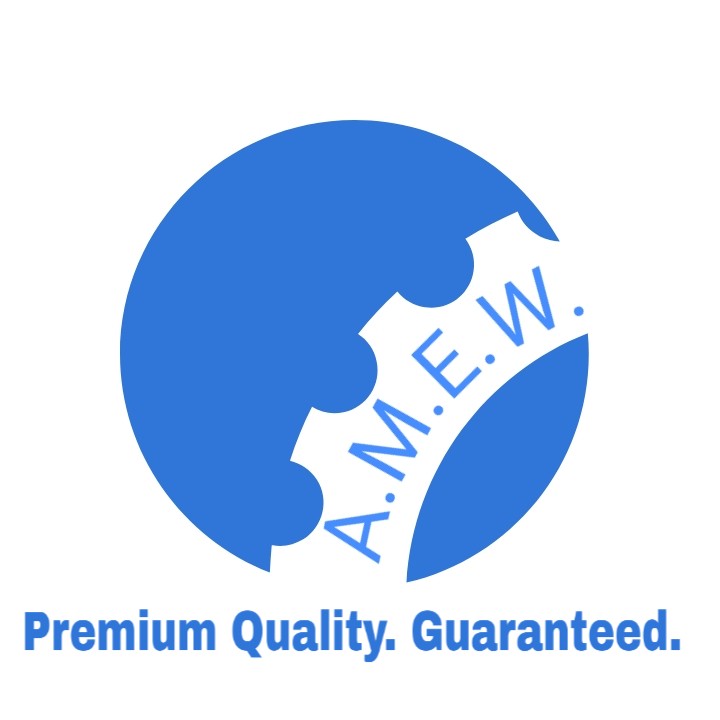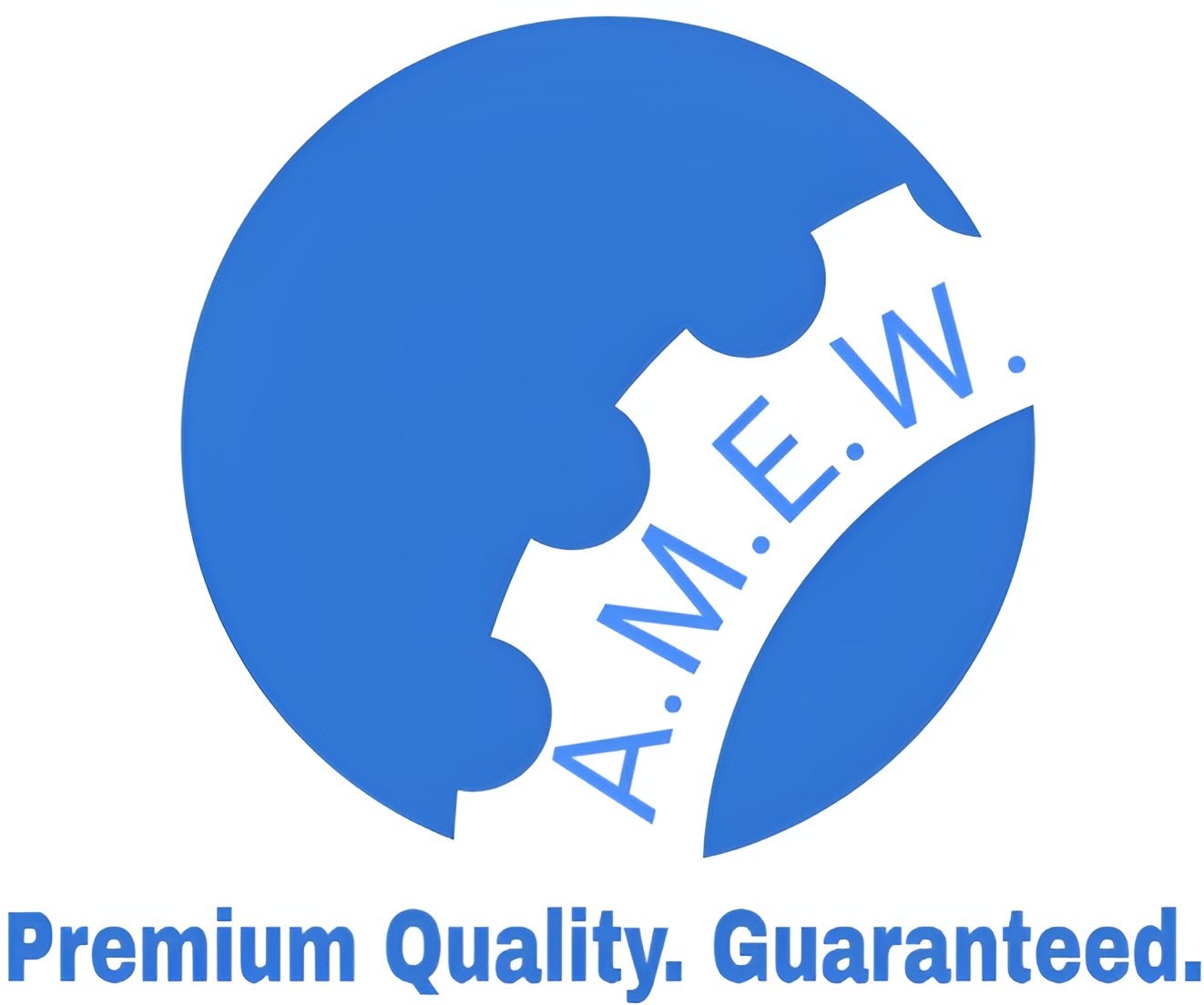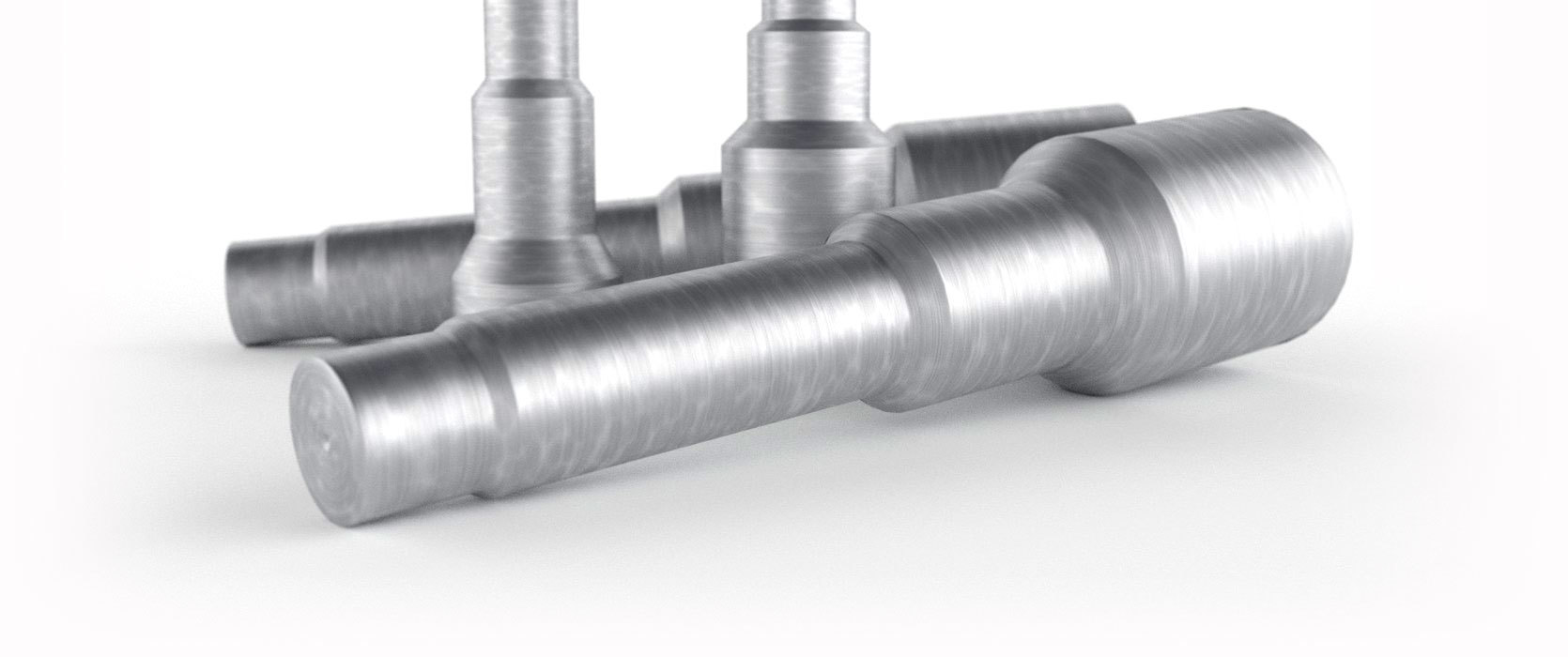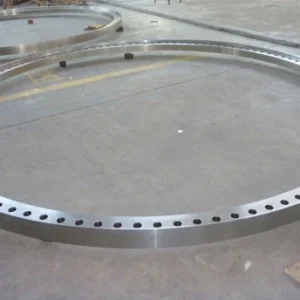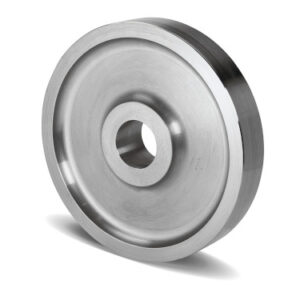Description
Custom Forged Hubs, Spindles & Step Shafts
Custom forged hubs, spindles, and step shafts are critical components in numerous industries, known for their superior mechanical properties and reliability. Forged components are manufactured through a process that involves compressing and shaping metal under extreme pressure, improving its strength, durability, and structural integrity. These components are widely used in heavy machinery, automotive, aerospace, and energy sectors where high load-bearing capacity, resistance to fatigue, and precision are paramount.
Key Features of Custom Forged Hubs, Spindles & Step Shafts
- Enhanced Strength: The forging process aligns the metal’s grain flow with the shape of the part, resulting in increased strength and impact resistance.
- Improved Durability: Forged hubs, spindles, and step shafts offer superior durability, making them ideal for applications where they are exposed to heavy stress or wear.
- Precision Engineering: Forging allows for the creation of precise shapes and dimensions, ensuring that the components meet the exact specifications required by the application.
- Resistance to Fatigue: Forged components are less likely to fail due to fatigue, offering longer service life in critical applications.
- Versatility in Design: These parts can be customized in terms of size, material, and design, providing flexibility for various industrial requirements.
Applications of Custom Forged Hubs, Spindles & Step Shafts
- Automotive: Forged hubs and spindles are essential for automotive applications, especially in drive systems, where durability and precision are crucial. Forged step shafts are used in gearboxes and transmissions.
- Aerospace: These components are vital in aerospace applications for landing gear, engine mounts, and control systems, where lightweight, high-strength materials are needed.
- Oil & Gas: Forged hubs and step shafts are used in drilling equipment, pumps, and other high-stress applications in the oil and gas sector due to their resistance to extreme pressure and corrosion.
- Heavy Machinery: Custom forged step shafts and spindles are key components in the manufacturing of cranes, excavators, and other heavy-duty construction machinery.
- Marine: Forged spindles and step shafts are used in shipbuilding for propulsion systems, rudder mechanisms, and other marine equipment that must endure harsh environments.
- Power Generation: In turbines and generators, forged hubs and shafts are critical for transmitting power and supporting high-stress rotating equipment.
- Defense: In defense applications, forged hubs, spindles, and step shafts are used in armored vehicles, weapons systems, and military-grade equipment where reliability is crucial.
Grades of Custom Forged Hubs, Spindles & Step Shafts
Selecting the right material for custom forged components is essential to achieve the desired mechanical and chemical properties. The choice depends on the application and operating environment.
| Material Grade | Type | Applications |
|---|---|---|
| Carbon Steel (AISI 1045, A105) | Carbon Steel | General engineering, automotive spindles, and hubs |
| Alloy Steel (EN19, EN24) | Alloy Steel | Shafts, spindles, high-strength automotive and industrial parts |
| Stainless Steel (SS304, SS316) | Austenitic Stainless Steel | Chemical, marine, and food industry applications requiring corrosion resistance |
| Tool Steel (H13, D2) | Tool Steel | Industrial tooling, dies, and high-stress applications |
| Nickel Alloys (Inconel 718, Inconel 625) | High-Performance Alloy | Aerospace, oil & gas, and high-temperature environments |
| Duplex Stainless Steel (2205, 2507) | Duplex Stainless Steel | Oil & gas, chemical processing, and corrosion-resistant environments |
| Titanium Alloys (Ti-6Al-4V) | Titanium Alloy | Aerospace, defense, and marine applications requiring lightweight and strong components |
Benefits of Custom Forging for Hubs, Spindles & Step Shafts
- Increased Load-Bearing Capacity: Forged hubs, spindles, and shafts provide excellent load-bearing capabilities, making them suitable for heavy-duty applications.
- Extended Service Life: The forging process produces components with superior durability and fatigue resistance, ensuring a longer operational life even in demanding environments.
- Precision and Consistency: Forging allows for tight tolerances and consistent quality, ensuring that components meet the required performance standards.
- Cost-Effective Solution: Though the initial cost of forging may be higher, the enhanced durability and reduced need for maintenance result in long-term cost savings.
- Wide Range of Materials: Forged components can be made from various materials to suit specific requirements, from high-strength carbon steel to corrosion-resistant stainless and duplex steels.
